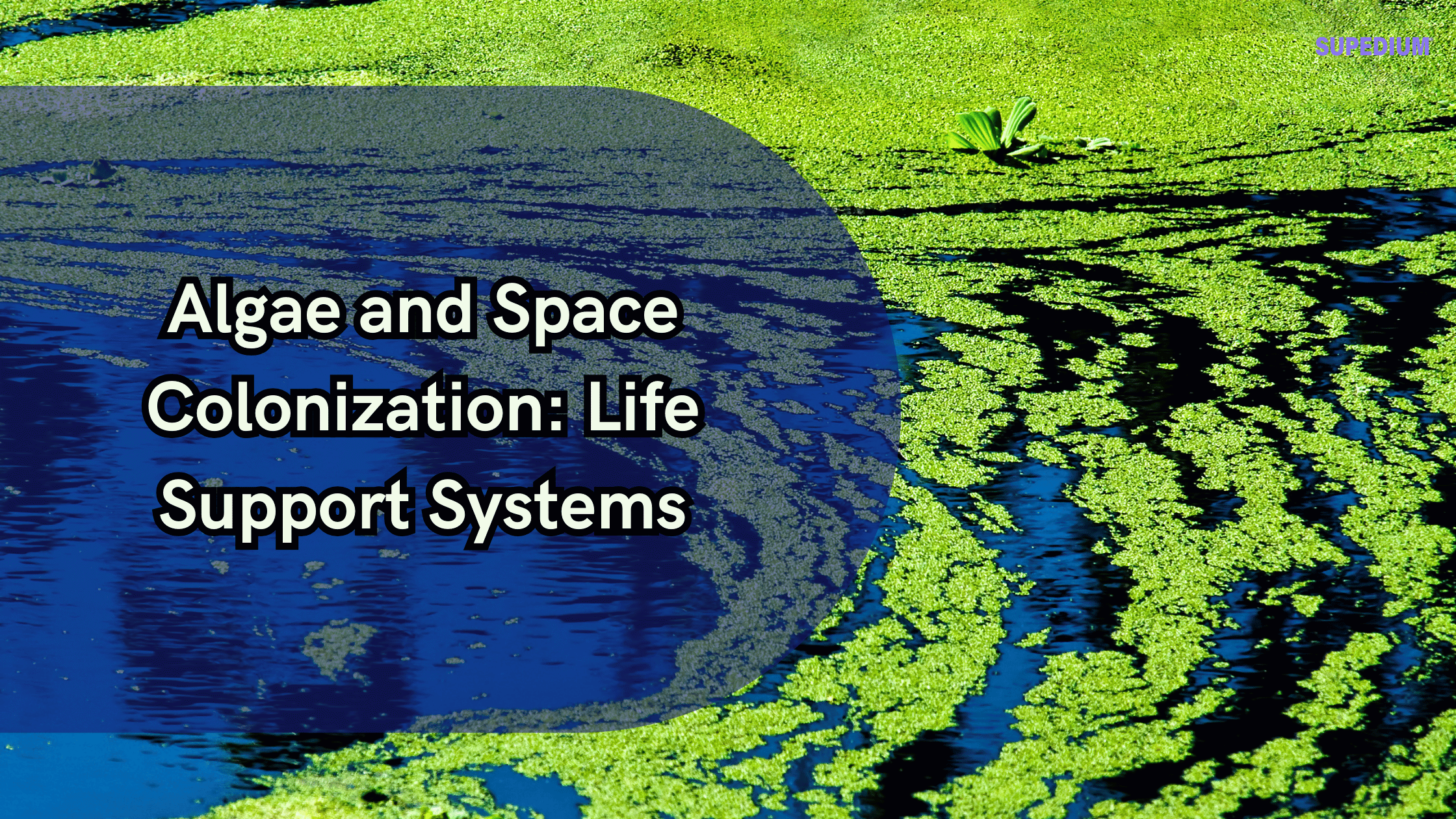Table of Contents
- 1 Introduction
- 2 Theoretical Frameworks of Forgiveness
- 3 Philosophical and Religious Perspectives
- 4 Psychological Mechanisms of Forgiveness
- 5 Factors Influencing Forgiveness
- 6 Benefits of Forgiveness
- 7 Challenges and Barriers to Forgiveness
- 8 Strategies and Interventions for Promoting Forgiveness
- 9 Case Studies and Real-World Applications
- 10 Future Directions in Forgiveness Research
- 11 Conclusion
![]()
Introduction
Forgiveness, often described as the process of letting go of resentment and thoughts of revenge, plays a crucial role in maintaining mental well-being and fostering healthy relationships. It is essential to distinguish forgiveness from condoning or forgetting an offense; forgiveness involves releasing negative emotions without necessarily excusing or erasing the past. Understanding the psychology of forgiveness is vital due to its profound impact on individual mental health, interpersonal dynamics, and broader social harmony.
Theoretical Frameworks of Forgiveness
Forgiveness can be explored through various psychological and theoretical lenses, each offering a unique perspective on why and how people forgive.
Psychological Theories
- Cognitive Theories:
- Attribution Theory: This theory examines how individuals perceive the intentions behind others’ actions. Forgiveness often involves reinterpreting or reassessing the motives behind an offense, which can shift feelings from anger to understanding.
- Cognitive Dissonance Theory: When people hold conflicting beliefs or attitudes, they experience psychological discomfort, known as cognitive dissonance. Forgiveness can be a mechanism to resolve this dissonance by aligning one’s attitudes with a more harmonious view of the relationship.
- Emotional Theories:
- Affect Theory: This theory focuses on the role of emotions like anger, guilt, and sadness in the process of forgiveness. Forgiving can lead to the release of these negative emotions and the restoration of emotional balance.
- Emotion Regulation Theory: Forgiveness involves managing and altering emotional responses. Effective emotion regulation can help individuals let go of resentment and develop more positive emotional states.
Philosophical and Religious Perspectives
- Philosophical Views:
- Virtue Ethics: Forgiveness is seen as a moral virtue that reflects a person’s character and moral development. According to virtue ethics, practicing forgiveness enhances one’s moral integrity and contributes to a virtuous life.
- Utilitarian Perspectives: From a utilitarian standpoint, forgiveness is valued for its potential to benefit society by reducing conflict and promoting social cohesion.
- Religious Teachings:
- Christianity: Forgiveness is a central tenet, often viewed as a divine mandate. Christian teachings emphasize forgiving others as God forgives, highlighting its role in spiritual growth and relational harmony.
- Buddhism: Forgiveness is linked to alleviating personal suffering and achieving inner peace. Buddhist practices encourage letting go of grudges as a means to reduce suffering and promote compassion.
Psychological Mechanisms of Forgiveness
Understanding the psychological mechanisms behind forgiveness involves exploring cognitive, emotional, and behavioral processes.
- Cognitive Processes:
- Reframing and Perspective-Taking: Forgiveness often requires individuals to reframe their perception of the offense and adopt the offender’s perspective. This shift in viewpoint can facilitate understanding and reduce hostility.
- Empathy: Developing empathy for the offender’s situation or motives can lead to a more forgiving attitude, as it allows individuals to see beyond their own hurt and consider the broader context of the offense.
- Emotional Processes:
- Release of Negative Emotions: Forgiveness involves letting go of negative emotions such as anger and resentment. This release can lead to emotional healing and reduce the psychological burden of holding onto grudges.
- Emotional Repair: Forgiveness contributes to emotional repair by restoring positive feelings and fostering a sense of emotional well-being.
- Behavioral Processes:
- Changes in Behavior Towards the Offender: Forgiveness often results in changes in how individuals interact with the offender, ranging from more positive interactions to reconciliation efforts.
- Behavioral Reconciliation Strategies: These include efforts to rebuild trust and improve the relationship through positive actions and communication.
Factors Influencing Forgiveness
Several factors can influence whether and how individuals forgive:
- Individual Factors:
- Personality Traits: Traits such as empathy, compassion, and resilience can facilitate the process of forgiveness. For instance, individuals high in trait forgiveness are more likely to forgive and move past offenses.
- Attachment Styles: Early attachment experiences can shape how individuals handle conflict and forgiveness. Securely attached individuals may find forgiveness easier compared to those with insecure attachment styles.
- Situational Factors:
- Nature and Severity of the Offense: The seriousness of the offense plays a crucial role in the forgiveness process. Severe offenses may require more time and effort to overcome, while minor grievances may be more readily forgiven.
- Relationship with the Offender: The closeness of the relationship can influence the willingness to forgive. Forgiving a close friend or family member may be more challenging yet more rewarding than forgiving a distant acquaintance.
- Cultural and Societal Factors:
- Cultural Norms: Different cultures have varying attitudes toward forgiveness, with some emphasizing forgiveness as a key value and others focusing more on justice and retribution.
- Social and Legal Contexts: Societal attitudes towards forgiveness and justice can impact the forgiveness process. Legal systems and social norms may either support or challenge the practice of forgiveness.
Benefits of Forgiveness
Forgiveness offers numerous benefits across psychological, social, and physical domains:
- Psychological Benefits:
- Reduction in Stress and Anxiety: Forgiving can alleviate stress and anxiety by reducing the emotional burden of holding onto grudges.
- Improved Mental Health: Engaging in forgiveness can enhance overall mental well-being and contribute to a more positive outlook on life.
- Social Benefits:
- Enhanced Interpersonal Relationships: Forgiveness can strengthen relationships by fostering trust and reducing conflict. It can lead to more harmonious and supportive interactions.
- Promotion of Social Harmony: In broader societal contexts, forgiveness can contribute to social cohesion and reduce collective conflict.
- Physical Health Benefits:
- Lower Blood Pressure: Studies suggest that forgiveness can lead to lower blood pressure and reduced risk of hypertension.
- Improved Immune Function: Forgiveness has been associated with better immune system functioning, potentially leading to improved overall health.
Challenges and Barriers to Forgiveness
Despite its benefits, several challenges can impede the process of forgiveness:
- Personal Barriers:
- Deep-Seated Resentment: Long-standing grudges and unresolved grievances can make forgiveness difficult.
- Fear of Repeated Harm: Concerns about being hurt again by the offender can create hesitation and resistance to forgiveness.
- Societal and Cultural Barriers:
- Norms of Revenge: In some cultures, revenge and retribution are more highly valued than forgiveness, which can create societal pressures against forgiving.
- Lack of Social Support: Absence of supportive social networks can make it harder to pursue forgiveness and reconciliation.
Strategies and Interventions for Promoting Forgiveness
Several strategies and interventions can help facilitate the forgiveness process:
- Therapeutic Approaches:
- Forgiveness Therapy: Professional therapy can assist individuals in processing their emotions and developing strategies for forgiveness.
- Cognitive-Behavioral Techniques: Techniques such as cognitive restructuring and behavioral activation can help individuals reframe their perceptions and engage in forgiving behaviors.
- Educational Programs:
- Workshops and Training: Programs focused on forgiveness can educate individuals about the benefits and processes of forgiveness, promoting its practice in various settings.
- School and Community Programs: Initiatives in educational and community settings can foster a culture of forgiveness and conflict resolution.
- Self-Help Strategies:
- Mindfulness and Meditation: Practices such as mindfulness and meditation can help individuals manage their emotions and cultivate a forgiving mindset.
- Journaling: Reflective writing can aid in processing emotions and developing a more forgiving perspective.
Case Studies and Real-World Applications
Examining real-world examples provides insight into the practical application of forgiveness:
- Personal Stories:
- Overcoming Grievances: Personal accounts of individuals who have successfully navigated the forgiveness process offer valuable lessons and inspiration.
- Forgiveness in Severe Cases: Stories of forgiveness in the face of significant wrongdoing highlight the profound impact and potential for healing.
- Organizational and Community Examples:
- Conflict Resolution Initiatives: Organizations and communities that implement forgiveness-based approaches can demonstrate the practical benefits of these strategies in resolving conflicts.
- Post-Conflict Societies: Examples from societies recovering from conflict show how forgiveness can play a role in rebuilding and reconciling fractured communities.
Future Directions in Forgiveness Research
The field of forgiveness research continues to evolve, with several emerging trends and areas of study:
- Emerging Trends:
- Neuropsychological Studies: Research exploring the neural and cognitive underpinnings of forgiveness can provide deeper insights into its mechanisms.
- Impact of Technology: Investigating how social media and digital communication influence forgiveness processes offers new avenues for understanding modern dynamics.
- Implications for Practice and Policy:
- Integration into Mental Health Practices: Incorporating forgiveness principles into therapeutic practices can enhance treatment outcomes.
- Policy Recommendations: Developing policies that support forgiveness and reconciliation can contribute to more cohesive and resilient societies.
Conclusion
The psychology of forgiveness encompasses a complex interplay of cognitive, emotional, and behavioral processes. Understanding these mechanisms and addressing the various factors influencing forgiveness can lead to significant benefits for individuals and society. By exploring theoretical frameworks, psychological mechanisms, and practical applications, we gain valuable insights into how forgiveness can enhance mental health, improve relationships, and promote social harmony. As research and practice continue to evolve, fostering a deeper understanding of forgiveness will remain essential in addressing personal and societal conflicts.
Share This





Be the first to comment